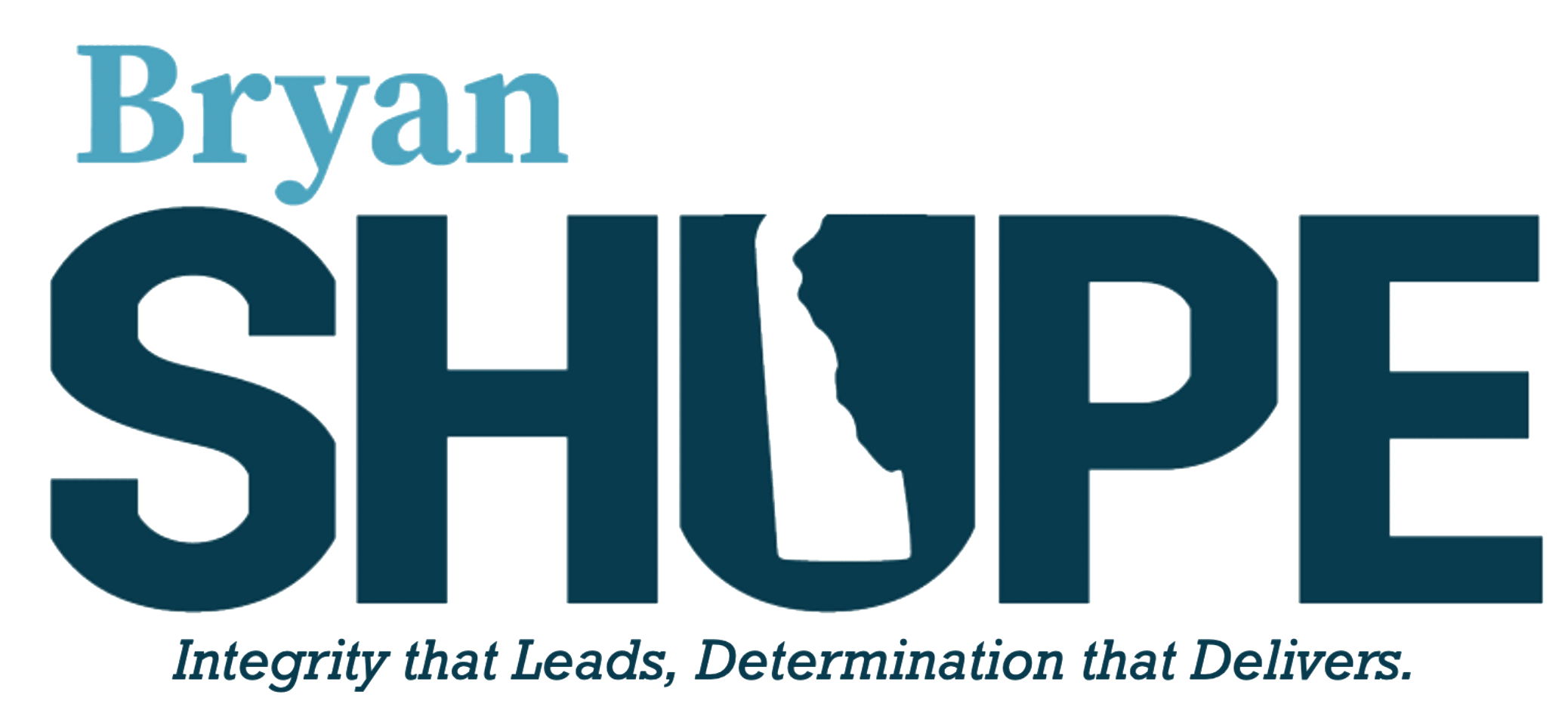By State Rep. Bryan Shupe
When the state’s legislative leaders announced that the 151st General Assembly would start its 2021 session virtually, it promised unprecedented accessibility.
“One silver lining to all of this is that the public will have more access than ever before to the business of the legislature,” said Speaker of the House Pete Schwartzkopf in a press release issued by the House and Senate Democratic majority. “Throughout the entire history of the Delaware General Assembly, if you wanted to deliver a public comment during a committee meeting, you had to be in that room in Legislative Hall. If you wanted to watch a roll-call vote, you had to be in the House or Senate chamber. But now, every committee meeting we hold, every floor debate we have, and every vote we take will be streamed live online.”
While that promise was technically kept, the lack of accessibility has proven that lawmakers must set clear expectations moving forward if true transparency for the public is to be achieved. Furthermore, our goal as lawmakers should not be to simply film the legislative process but to use technology to encourage active involvement from Delaware residents so their voice can be heard and considered when laws that affect their daily lives are being created and voted on.

All House and Senate floor and committee action were streamed online, but only the floor action was recorded, archived, and available for citizen review. Inexplicably, committee meetings were not recorded for public viewing, even though the Zoom meeting app used to webcast the events offers this as a “one-click” option.
The meeting times for the House and Senate were often unclear during the first month of the session, even among many lawmakers.
Links on the legislature’s website to access the House and Senate live streams (under the heading “Live Proceedings”) offered no “countdown clock” nor any other clue as to when either chamber was convening or when the links would be active.

The daily agendas of what bills would be debated were either unavailable or difficult for the public to find, leaving them in the dark when trying to follow the legislative process.
Recordings of the House and Senate floor action were equally hard to locate, made even more baffling because the legislature switched from archiving content on YouTube – as was done last year – to cataloging it on the legislative website.
House Republicans have made suggestions to the Department of Technology and Information to correct some of these shortcomings. While these recommendations, if adopted, will be a step in the right direction, the legislature has an obligation to do more.
Public proceedings are not transparent if they are cloaked in gray shadows of obscurity, confusion, and concealment. House and Senate agendas need to be posted in advance, clearly displayed, and quickly found. Meeting times should be obvious. Recordings of all legislative activity – including committee meetings – should be made, stored, and prominently available for review.
Last January State Rep. Mike Smith introduced House Concurrent Resolution 69, which I sponsored, calling for audio and video of all House and Senate action to be streamed live online. Additionally, the proposal called for all the content to be archived and accessible via the internet.
At that time, only audio of the House and Senate floor deliberations were streamed, and no recordings were web accessible. The overwhelming majority of committee meetings were not streamed or digitally recorded in any fashion.
For too long, Delaware has actively ignored digital transparency, lagging behind most other states.
House Concurrent Resolution 69 died in the House Administration Committee after being held without a hearing. As fate would have it, a few months after introducing this legislation, COVID-19 required the General Assembly to adopt protocols for meeting digitally, recording its proceedings, and making that content available to the public. It may have been a shotgun wedding, but the legislature’s forced union with this empowering technology illustrated how quickly it could be done.
It is time to revisit, update, and reintroduce legislation to create a detailed plan to implement General Assembly streaming and archiving. The plan would include the equipment, software, infrastructure, and training needed for the project and its estimated total cost. The study would be due no later than January 2022, so the budget-writing Joint Finance Committee could include funding for it in the FY 2023 budget.
The plan would also include an interim protocol for streaming and recording all legislative proceedings until the permanent system was running. We should be making it as easy as possible for Delaware residents to monitor what their elected officials are doing on their collective behalf. Taking real action to implement actual transparency will help improve accountability and build public trust in a state legislature that could use more of both.


